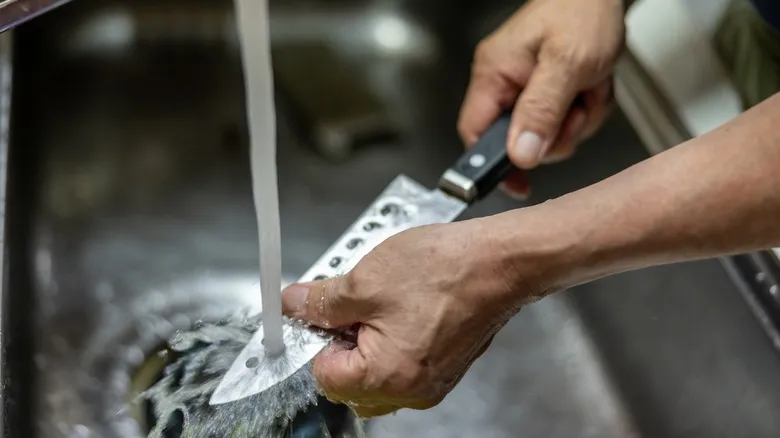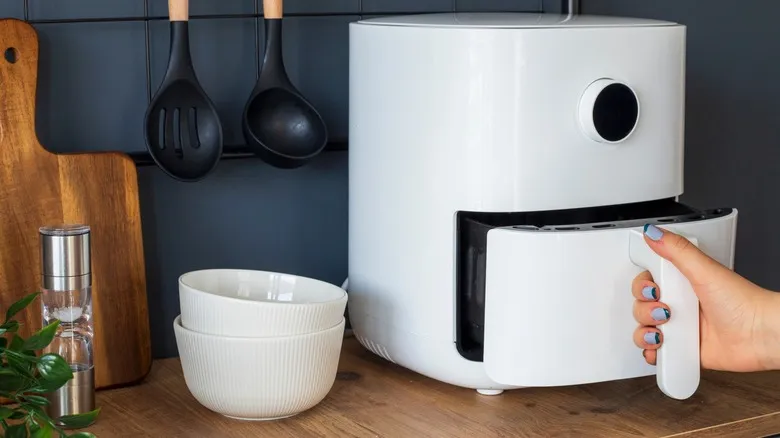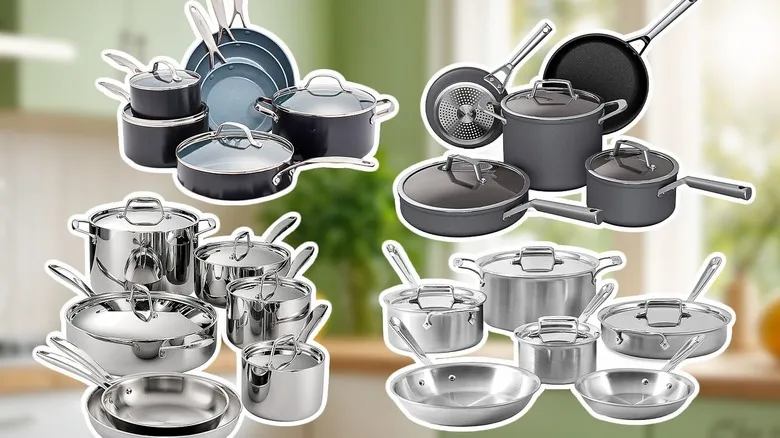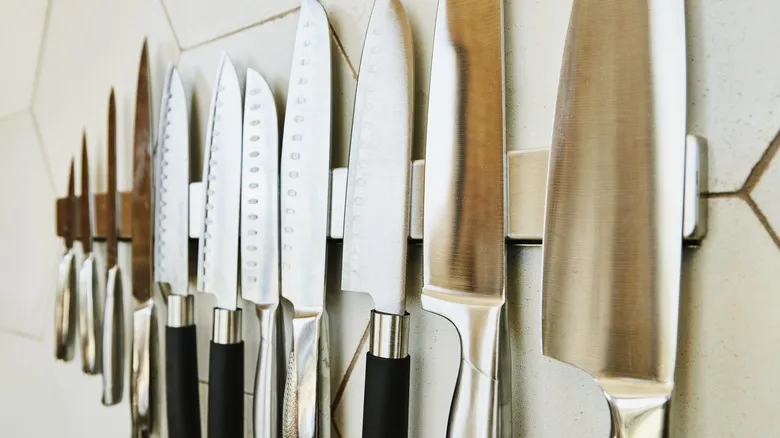Proper cleaning and storage for knives

Professional chefs understand that maintaining knives in optimal condition hinges on proper care, starting with thorough cleaning. Although hand-washing may take a bit more time, it’s a worthwhile investment to prevent the wear and tear that dishwashers can cause. Aim to wash your knives immediately after use, rather than allowing food remnants to dry on them, which can make cleaning more challenging. Avoid soaking knives, as this can be both harmful and hazardous. Instead, use warm, soapy water and rinse them thoroughly. Dry them completely with a soft cloth to prevent rust.
Equally important is the correct storage of your knives. Improper storage can lead to dull blades and even create safety hazards if knives are left loose in a drawer. If you must store them in a drawer, consider allocating space for each knife with edge guards or using a fitted drawer block. For countertop storage, knife blocks or magnetic strips are excellent options to keep your knives both accessible and protected. Pay attention to the handle materials as well; for instance, wooden handles should be oiled occasionally to prevent drying or cracking, ensuring the knife remains comfortable to hold and durable. Always refer to your manufacturer’s guidelines for any specific care instructions. With regular sharpening, along with proper care and storage, your knives will perform at their best, keep you safe, and last for many years.
Recommended

The Easy Way To Strain Homemade Broth Without A Cheesecloth

Can You Cook Scrambled Eggs In The Microwave?

Why Cooking Rice In The Air Fryer Is Never A Good Idea

14 Cookware Sets That Are Actually Worth Their Price, According To Reviews
Next up

